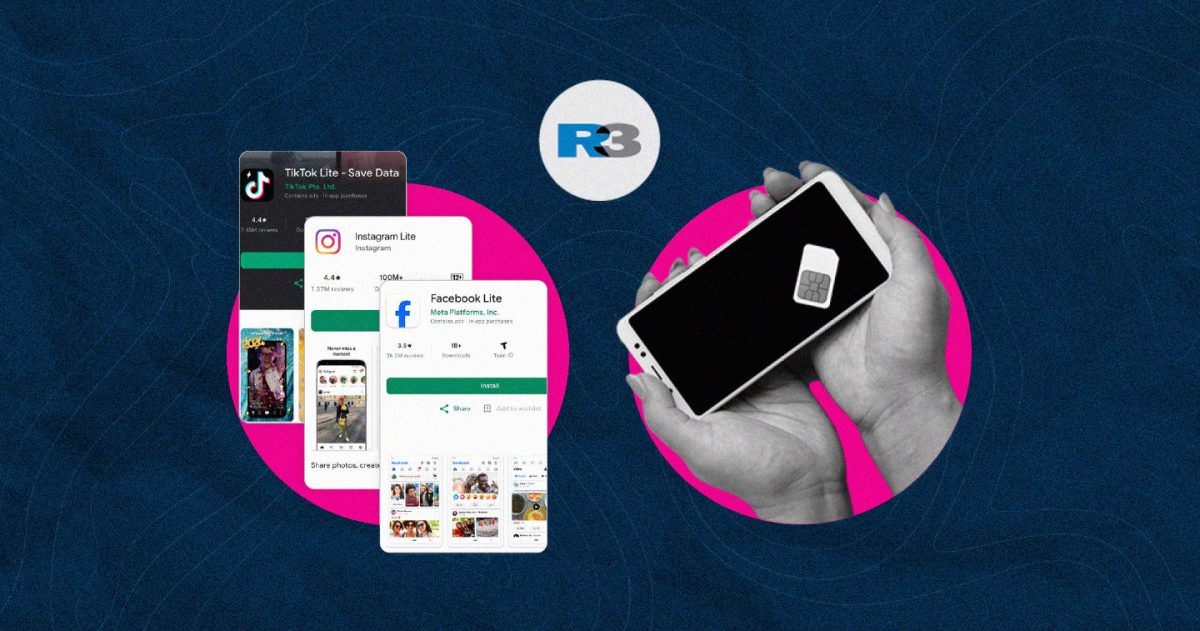By Greg Paull, Co-founder & Principal, R3
This article was first published by the World Federation of Advertisers on December 8, 2019.
The lack of transparency, fraud, brand safety and privacy are four areas that are costing marketers billions each year. Consider the following:
- 71% of marketers in 16 of the biggest global markets agree that it has become more difficult to evaluate the effectiveness of digital media investments in the last five years.
- Video ad spend might have constituted only 45% of total ad spend in 2018, but it was targeted by 64% of all ad fraud.
- In 2019, e-commerce sites are estimated to lose $10 billion to cyberattacks and bots.
It’s safe to say that these problems won’t be disappearing any time soon and marketers need to proactively find ways to protect themselves and their customers. Having good security hygiene and conducting regular audits should already be part of any company’s strategy to identify vulnerabilities and minimize the impact of fraud. Some marketers, however, are experimenting with technologies like blockchain to close gaps in the process.
What is blockchain?
Blockchain technology is a sequence of data blocks which provide a public ledger of every step of a financial transaction or data exchange. Each block in the chain has an alphanumeric key which contains information about all the preceding blocks. Any attempt to change the chain is recorded in all the linked blocks, thereby providing a high level of transparency and security.
How is it used in marketing?
R3 reviewed more than 200 blockchain vendors to find practical applications in marketing. Programmatic, Data, Commerce, Decentralized Marketing, Social Marketing and Content Marketing were identified to benefit from blockchain as they rely on digital transactions to transfer, verify and process information, and as a result, are susceptible to being manipulated.
Here are a few practical examples of how blockchain mitigates common problems in these six areas:
- Programmatic: The difficulty in manipulating data stored on a blockchain ledger is what makes it such a powerful tool against ad fraud. Bots whose job is to imitate identities and artificially boost views and clicks will have their activity recorded, allowing administrators to prevent similar types of behaviors from repeating.
- Data: Marketers can review past behavior on a blockchain ledger to determine current opt-in status and identify where there might be GDPR compliance issues in their marketing and communications processes.
- Social Marketing: By using smart contracts built on blockchain technology, fees can be kept under warranty until influencers meet all agreed obligations. Once the project is completed, payments are automatically transacted; protecting the interests of both client and vendor.
- Commerce: Smart contracts can also make payments between advertisers and publishers more streamlined and transparent. Financial transactions need not be delayed and money can be transferred instantly based on real-time data.
- Decentralized Marketing: Ad platforms that incorporate blockchain technology enable marketers to pay and reward consumers directly for engagement with ads or use of their data.
- Content Marketing: Ownership of images and video can be easily traced to their original source when marketers use content marketing platforms built on blockchain. Creators can track the distribution of their assets and be fairly paid for use; alleviating concerns about copyright infringement.





